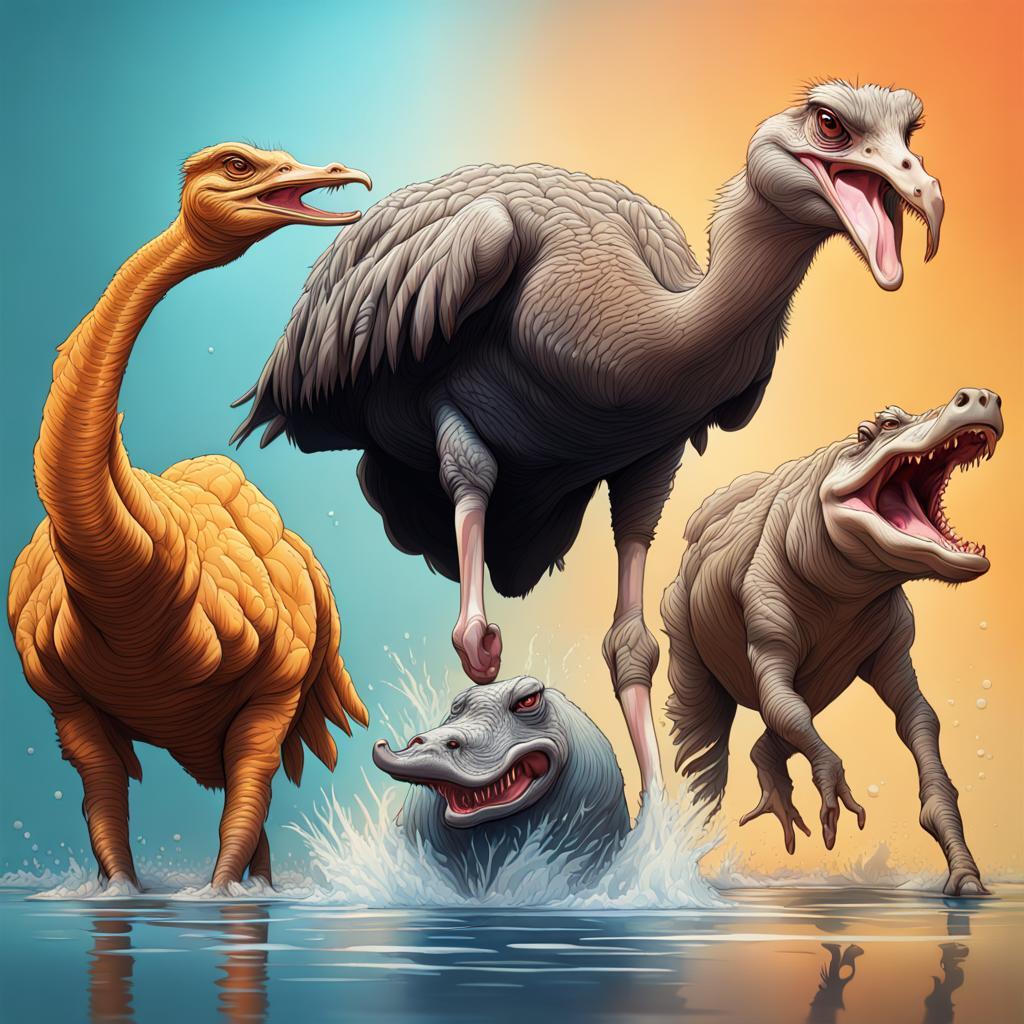Wisdom
AI and Folklore
Posted by Chris Sissons on Nov 29, 2023
AI and Folklore » Chris Sissons and Minerva
“But tell me, where does wisdom come from?
Where is understanding to be found?”
This is the refrain from chapter 28 in the Old Testament Book of Job. Chapter 28 is something of a mystery. It follows three rounds of argument between Job and his three friends. They are not the words of Job or of his friends. Beyond chapter 28, we find the intervention of a fourth friend and then God’s reply to Job. But, while the poem bears some resemblance to the later words of God, they are not framed in the same way. They are not the words of God but describe the actions of God.
There’s a lot of talk about the development of AI and what happens when it becomes more intelligent than humans. How we work out whether AI is in fact more intelligent than the collective wisdom and folly of humanity, is not entirely clear. But what is clear, is that for thousands of years, thinkers have struggled with the question: How do we relate to an intelligence far greater than ours?
This is perhaps the question the Book of Job attempts to answer. When God eventually replies we find poetry about the ostrich, crocodile and hippopotamus (the latter two named Leviathan and Behemoth). Whilst these poems are great fun compared with what has gone before, they don’t answer the questions at the start of this post.
Back to chapter 28. It is split into three verses. The first is about speleology, underground exploration. It recognises human endeavour and the great things humanity has achieved but ends with the 2 questions.
The second verse faces the questions head-on. The road to wisdom is still unknown to humanity. It lists a few places where it hasn’t been found. It then goes on to say that you can’t buy it. There is no wealth great enough.
The final verse, states “it is outside the knowledge of every living thing”, including birds. Also, Perdition and Death have heard rumours but nothing more. “Only God has traced its path and found out where it lives”. In the act of creation God, accessed wisdom, fathomed it. It's interesting, even God has to search for wisdom and of course, being God, finds it!
So, by the end of the poem, we are no further forward. Wisdom remains a mystery. God somehow accesses it and uses it in creation. We can see creation but cannot see to the wisdom beyond. This is a difficult concept but I think it allows us to glimpse the point of view of a superior intelligence. It can use whatever it sees and understands to create something new but cannot communicate its inspiration.
Perhaps as we experience AI, we will be frustrated in our attempts to understand. But maybe AI will be frustrated too. If it ever becomes self-aware, could humanity offer companionship and how?
The poem returns to the refrain for the final time and maybe this would be AI’s response to our questions:
“Wisdom? It is fear of the Lord.
Understanding? – avoidance of evil.”
This is the thirteenth in a series of posts about AI and Folklore. I define Folklore as inclusive of religious stories and some from modern popular culture. Minerva assists in all the posts, sometimes without attribution!
The first post in the series is Life with Minerva. The last post was The Droll of the Mermaid and the next is Blodeuwedd’s Flower Power. If you press the button marked "Follow", you'll receive notice of new posts.
As always, please comment. As well as your insights into AI and Folklore, I'd appreciate suggestions of stories I might cover. These could be from folktales, myths, religious stories as well as general literature.
Never in my worst nightmares did I expect Minerva to come up with something like this. I asked for a picture featuring an ostrich, a crocodile and a hippopotamus. She says it's artistic license. I think it's late nights at the Night Cafe.

Comments
Leave a comment.
Leave a comment.



 )
)